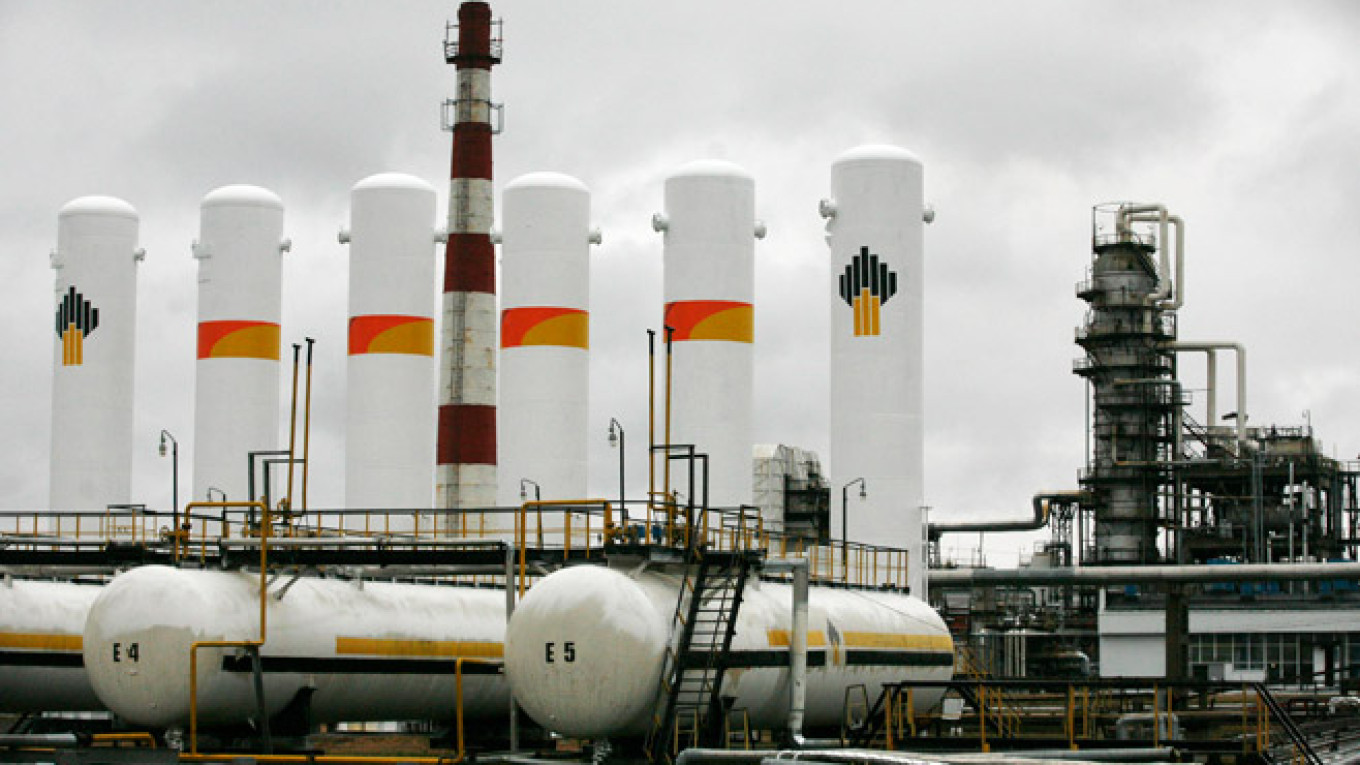Kremlin-controlled Rosneft said it is working with Norway's Statoil to search for oil and gas off Norway, partnering with a Western company despite sanctions.
Rosneft and its head Igor Sechin were sanctioned by the West over Moscow's involvement in Ukraine.
The European Union banned equipment and technology exports for new projects in deep-water, Arctic or shale oil for one year, a measure with limited effect so far but more damaging if extended for the longer term.
Norway, not a member of the EU, has joined the sanctions, which are not designed to halt joint projects but rather aim to starve Rosneft of foreign financing and access to modern technology.
A subsidiary of sanctions-hit Rosneft won a 20 percent participating interest in four fields within the Norwegian continental shelf in the Barents Sea during a licensing round last year.
Rosneft said the companies expect to analyze the drilling results up until the end of this year.
The Arctic is seen as a leading source for future oil and gas production. Rosneft has also secured deals to jointly work with ExxonMobil, ENI and Statoil to develop Russian sections of the Arctic shelf.
"The start of these exploration operations marks an important milestone in developing the cooperation between Rosneft and Statoil," Rosneft said in a statement Monday.
Earlier this month ExxonMobil began drilling in Russia's Arctic as part of the project with Rosneft.
Rosneft also has an agreement with Norway's North Atlantic Drilling to drill for oil in Russian Arctic waters.
Norway opened an offshore Arctic zone bordering Russia in the eastern Barents Sea to oil and gas exploration last year.
The area, as big as Switzerland, is estimated to hold about 1.9 billion barrels of oil equivalent, of which 15 percent is oil, according to the Norwegian Petroleum Directorate.
Russia, the world's top oil producer with a daily average of around 10.5 million barrels per day, is counting on new hydrocarbon resources, including those in the Arctic, to at least maintain production, a cornerstone of its budget revenues.
See also:
Rosneft Boss Sechin Sues Leading Russian Business Paper Vedomosti
A Message from The Moscow Times:
Dear readers,
We are facing unprecedented challenges. Russia's Prosecutor General's Office has designated The Moscow Times as an "undesirable" organization, criminalizing our work and putting our staff at risk of prosecution. This follows our earlier unjust labeling as a "foreign agent."
These actions are direct attempts to silence independent journalism in Russia. The authorities claim our work "discredits the decisions of the Russian leadership." We see things differently: we strive to provide accurate, unbiased reporting on Russia.
We, the journalists of The Moscow Times, refuse to be silenced. But to continue our work, we need your help.
Your support, no matter how small, makes a world of difference. If you can, please support us monthly starting from just $2. It's quick to set up, and every contribution makes a significant impact.
By supporting The Moscow Times, you're defending open, independent journalism in the face of repression. Thank you for standing with us.
Remind me later.


